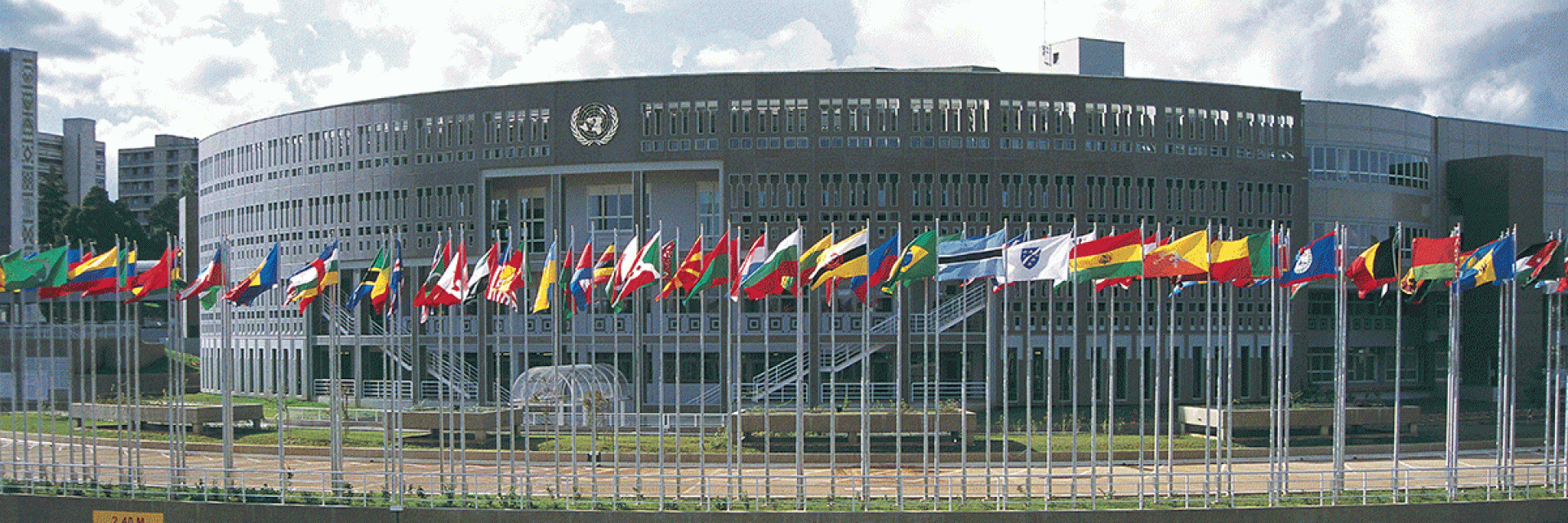From 20 to 22 October 2022, the UNECA Sub-regional Office for Central Africa hosted a subregional workshop for experts from across Central Africa, in the fields of trade policy, statistics, and economic modelling in Douala, Cameroun, with the objective to identify challenges and opportunities for statistical support and modelling in the formulation and implementation of trade and industrial policies in Central Africa, in the context of the AfCFTA. Virtual participants joined the hybrid meeting from across Africa, Europe, and the USA. Experts included in-person delegates representing all 11 Economic Community of Central African States (ECCAS) member countries, from the Ministries of Trade and of Economic Planning as well National Statistical Offices. Experts from UNECA SRO-CA and ATPC, the OECD, the AfDB, the European Union, and the GTAP Center of Purdue University also joined the discussions. During the three-day workshop, experts discussed national AfCFTA strategies in place, national statistics necessary for economic analysis, as well as modelling tools implemented for economic analysis in the subregion and beyond.
The workshop began with presentation of the ECA joint SRO-CA and ATPC project on “A macro-level economic assessment of the AfCFTA for Central Africa: Linking Trade Policy to Industrialization and Diversification Plans”, describing the overall project, which includes the subregional workshop as well as incorporation of national statistics into international databases for São Tomé and Principe, the RDC, and Angola. The following sessions featured presentations by member country representatives on National AfCFTA Strategies (Cameroon, Congo, and Chad) as well as on national statistics availability for economic analysis (São Tomé, Angola, DRC).
The second day featured the presentation of several economic modelling frameworks and datasets being implemented for analysis of the AfCFTA, trade, and economic planning. Mr. Simon Mevel, Economic Affairs Officer, UNECA ATPC, presented UNECA assistance to member states on AfCFTA strategy development and implementation as well as continent-wide modelling of AfCFTA implementation. Ms. Caitlyn Carrico, Economic Affairs Officer, UNECA SRO-CA, presented economic modelling of the AfCFTA for Central Africa, using a new database with expanded country coverage for Central Africa developed at the initiative of the ATPC. Mr. Martin Cameron, Managing Director, Trade Research Advisory, presented modelling of new opportunities for export diversification for Central Africa, including all ECCAS countries. Ms. Agnès Cimper, Statistician, OECD, and Mr. Norihiko Yamano, Economist, OECD, presented the TiVA Database and indicators, providing details of the newly developed TiVA work on Cameroon. Mr. Dominique Van der Mensbrugghe, Director, GTAP Center, presented the GTAP Database and the GTAP model. In conclusion, Mr. Túlio Antonio Cravo, Principal Economist for Angola, AfDB, presented Input-Output modelling for Angola.
On the last day, participants were allocated amongst three working groups on the Trade Policy Perspective, the Sub-Regional Perspective, and the National Planning for Economic Development Perspective. Each group was tasked to reflect upon current statistical and modelling capacity as well as needs for improved data, modelling capacity, and trainings for statisticians, economists, and policymakers alike. Experts across the subregion expressed the need for investments in data collection as well as the need for capacity development, for both technical- and high-level officials. Each group presented its results, and there was a session on discussion amongst delegates of recommendations.
Overall, the workshop highlighted the importance of statistics and modelling for developing and implementing policy analysis in Central Africa and brought together a diverse group of experts to discuss the way forwards for leveraging macro-economic modelling results for national policy planning, and in particular strategies on the AfCFTA and economic diversification, in Central Africa. Next steps in the UNECA joint SRO-CA – ATPC project on modelling for Central Africa include mission planning for the initiatives on data collection for modelling and AfCFTA analysis in São Tomé, the RDC, and Angola.

